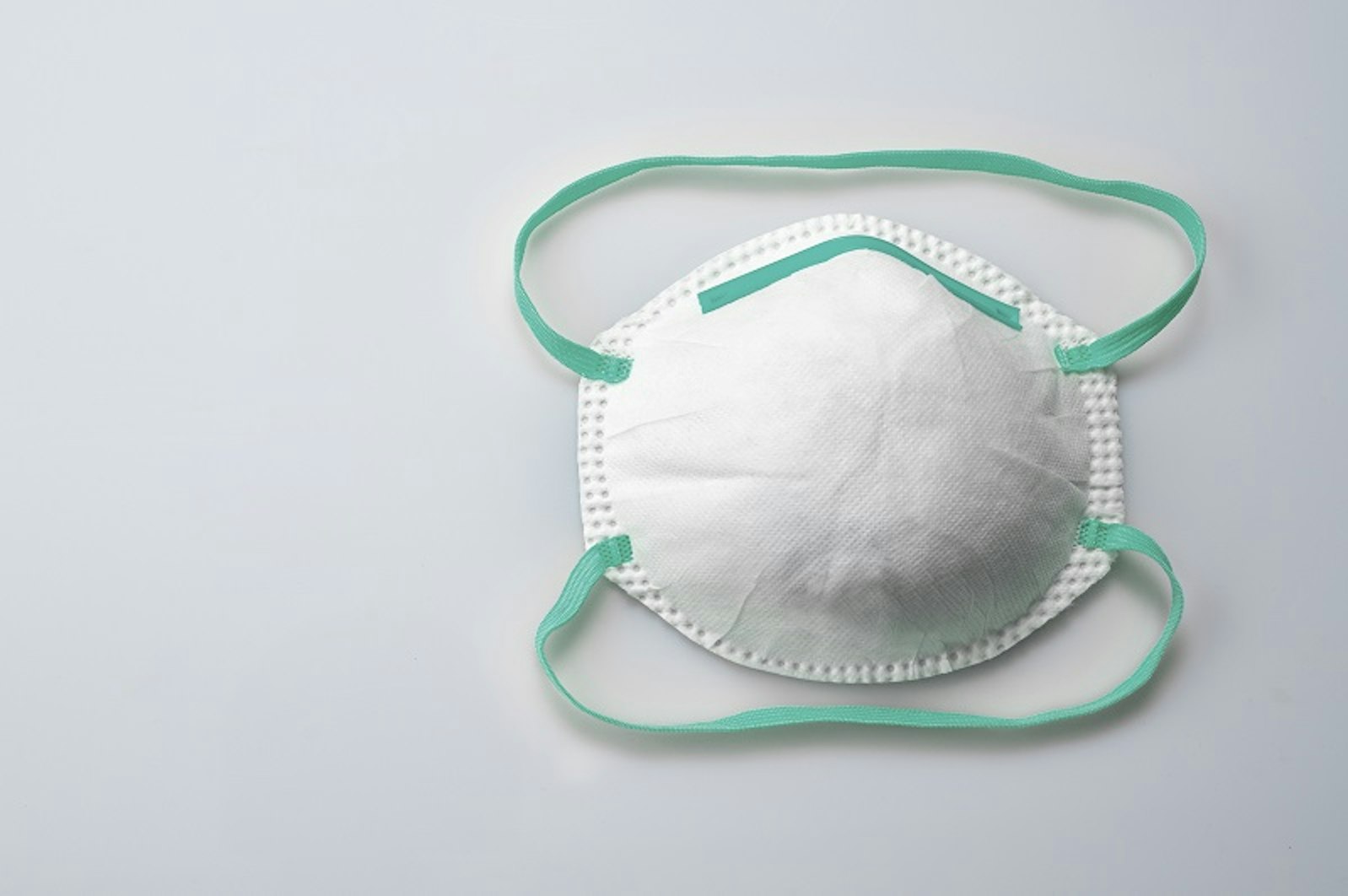
Group Critical Illness Insurance
Group critical illness cover offers collective protection for employees, providing financial support if diagnosed with a critical illness.
- Simple to set up
- Primary core illnesses covered
- Lump sum payment made to employee
Group critical illness cover is a valuable employee benefit and will pay a lump sum to an employee should they, or their immediate family (if included), be diagnosed with a critical illness such as cancer, heart attack, or stroke.
The payment can be used by the employee as they see fit, whether to fund private treatment, make adjustments to their home, or go on holiday.
The Alan Boswell Group Difference
As your business grows, choosing a robust employee benefits package can be a daunting task. A myriad of options and policy covers are available and you need to consider administration, cost and any on-going work involved.
Alan Boswell Group will take the time to understand your business needs and help you choose an appropriate programme of employee benefits that suit you, your business and your employees' needs.

Group critical illness cover in detail
Critical illness cover is designed to support your employees when they need it most. Cheaper than purchasing it individually, a group policy can add real value to an employee’s contract and help demonstrate your commitment to your staff and their family.
Core covers vary from insurer to insurer but will generally include:
Cancer
Heart attack
Stroke
Kidney failure
Motor neurone disease
Parkinson’s and Alzheimer’s disease
Organ transplant
Tax implications
It is important to understand the tax implications for you and your staff. Group critical illness insurance is usually considered a business expense and is therefore tax deductible.
There is also no income tax to be paid on any payout made to your employees. However, it is a benefit-in-kind so your staff will be liable to pay tax on the premiums you’re paying on their behalf.
A lot of providers also include additional serious illnesses such as brain tumours, permanent blindness or deafness, cardiomyopathy, paralysis, or loss of limbs.
In the event of one of your insured employees being diagnosed with a serious illness, your policy will make a direct payment to the employee to use as they see fit.
FAQs
Get in touch
To find out more, ask a question, or make an appointment to speak to one of our advisers, please get in touch.












